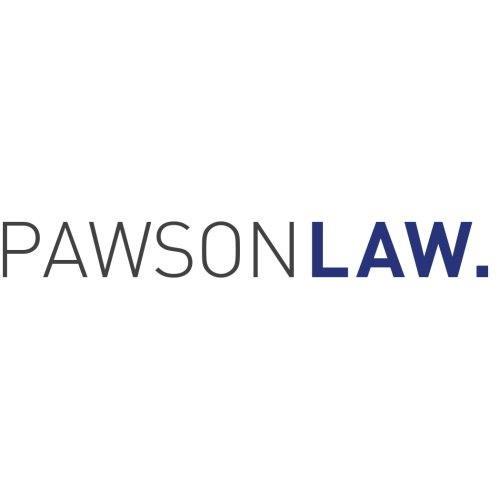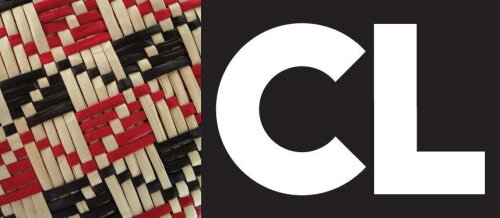Best Criminal Litigation Lawyers in New Zealand
Share your needs with us, get contacted by law firms.
Free. Takes 2 min.
Or refine your search by selecting a city:
List of the best lawyers in New Zealand
About Criminal Litigation Law in New Zealand
Criminal litigation in New Zealand involves the legal framework and procedures related to enforcing laws against individuals or entities accused of committing crimes. It's a critical part of the justice system, designed to uphold societal laws and provide due process to the accused. The criminal justice process typically involves police investigation, prosecution, defense representation, trial, and, if necessary, appeal. The legal proceedings ensure that justice is served while safeguarding the rights of individuals.
Why You May Need a Lawyer
There are several scenarios where you might find yourself in need of a criminal litigation lawyer in New Zealand. Common situations include being accused of a crime, whether minor or severe, needing to understand your rights during police investigations, or appealing a criminal conviction. Whether you're facing charges of theft, assault, drug offenses, or any other crime, legal representation can provide vital counsel and defense. Lawyers can navigate the complexities of the legal system, protect your legal rights, and work to achieve the best possible outcome for your case.
Local Laws Overview
New Zealand's criminal law is principally administered under the Crimes Act 1961. Key aspects include the categorizations of offenses as either summary (less serious) or indictable (more serious) offenses. The burden of proof lies with the prosecution, which must establish the accused's guilt beyond a reasonable doubt. Defendants have a range of legal rights, including the right to a fair trial, the right to remain silent, and the right to legal representation. Laws are also in place to protect victims and guide sentencing, probation, and parole processes.
Frequently Asked Questions
What is the role of a criminal defense lawyer?
A criminal defense lawyer provides legal representation to those accused of criminal conduct. They defend clients' rights, provide counsel throughout the legal process, and aim to achieve favorable outcomes in court.
What should I do if I'm arrested?
Remain calm, be polite, ask for a lawyer, and exercise your right to remain silent until you've consulted with legal counsel. Do not resist arrest or provide detailed statements without legal advice.
How can I get legal aid in New Zealand?
Legal aid can be accessed by applying through the Ministry of Justice if you meet certain income and asset thresholds. It's designed to assist those who cannot afford private legal representation.
What should I expect during a trial?
A trial involves the presentation of the prosecution's case, the defense’s response, examination of witnesses, and the submission of evidence to the court. The judge or jury then reaches a verdict based on the case presented.
Can I appeal a court decision?
Yes, you can appeal a conviction or sentence if you believe there has been a legal error or injustice. Appeals are subject to specific time limits and procedural rules.
What are bail conditions?
Bail may be granted with conditions such as reporting to the police, abiding by curfews, or not contacting certain individuals. Breaching bail conditions can lead to arrest and penalties.
How long does a criminal case take?
The length of a criminal case depends on its complexity, whether it's a summary or indictable offense, and court scheduling. Simple cases might conclude in weeks, while more complex cases could take months or even longer.
What happens if I plead guilty?
If you plead guilty, the court proceeds to sentencing. It's advisable to consult with a lawyer before pleading to understand the consequences and ensure the plea is in your best interest.
What's the difference between summary and indictable offenses?
Summary offenses are less serious crimes adjudicated in District Courts with lesser penalties, while indictable offenses are serious crimes that may require a jury trial and harsher penalties, handled in higher courts.
Do I need to attend court hearings?
It's important to attend all scheduled court hearings. Failing to appear can result in an arrest warrant or judgment in your absence. Your lawyer will advise you on your obligations to attend.
Additional Resources
For those seeking more information on criminal litigation, consider reaching out to:
- The New Zealand Law Society - for guidance and a directory of certified legal practitioners.
- Ministry of Justice - provides detailed resources on legal aid and the justice process.
- Community Law Centres - offer free legal advice and support across New Zealand.
Next Steps
If you require assistance with a criminal litigation matter, consider taking the following steps:
- Consult with a criminal defense lawyer who has experience in New Zealand’s legal system.
- Gather all relevant documents and information related to your case for your lawyer's review.
- Understand your legal rights and responsibilities as advised by your legal counsel.
- Consider applying for legal aid if eligible to facilitate access to necessary defense services.
- Stay informed about your case progress and maintain communication with your legal representative.
Lawzana helps you find the best lawyers and law firms in New Zealand through a curated and pre-screened list of qualified legal professionals. Our platform offers rankings and detailed profiles of attorneys and law firms, allowing you to compare based on practice areas, including Criminal Litigation, experience, and client feedback.
Each profile includes a description of the firm's areas of practice, client reviews, team members and partners, year of establishment, spoken languages, office locations, contact information, social media presence, and any published articles or resources. Most firms on our platform speak English and are experienced in both local and international legal matters.
Get a quote from top-rated law firms in New Zealand — quickly, securely, and without unnecessary hassle.
Disclaimer:
The information provided on this page is for general informational purposes only and does not constitute legal advice. While we strive to ensure the accuracy and relevance of the content, legal information may change over time, and interpretations of the law can vary. You should always consult with a qualified legal professional for advice specific to your situation.
We disclaim all liability for actions taken or not taken based on the content of this page. If you believe any information is incorrect or outdated, please contact us, and we will review and update it where appropriate.
Browse criminal litigation law firms by city in New Zealand
Refine your search by selecting a city.
















